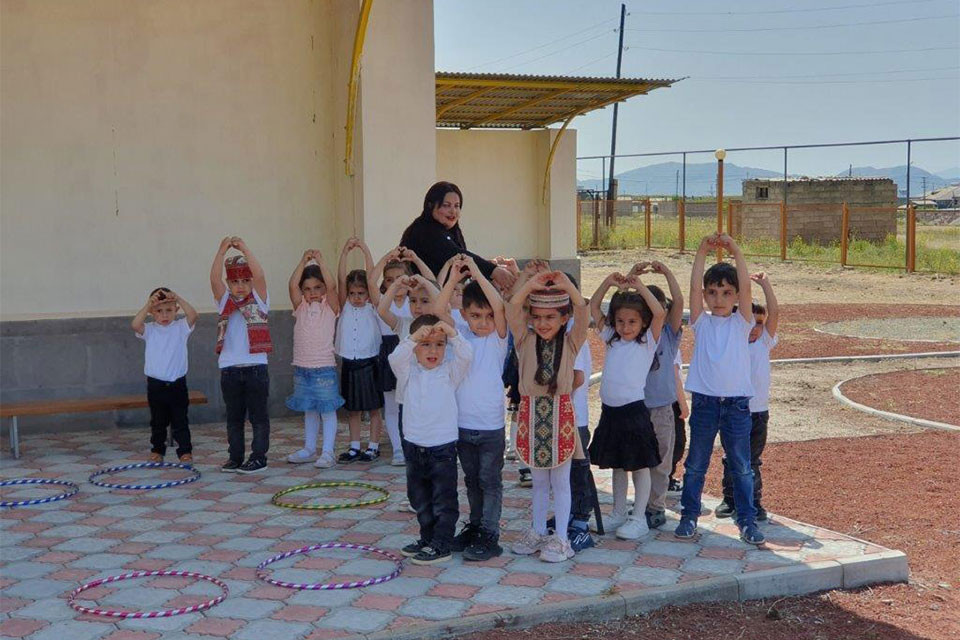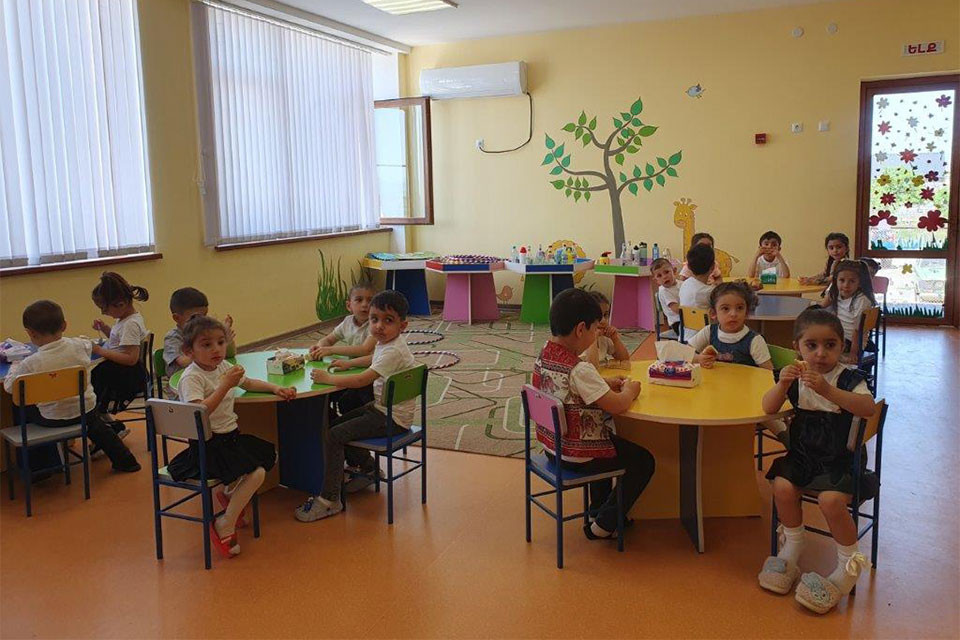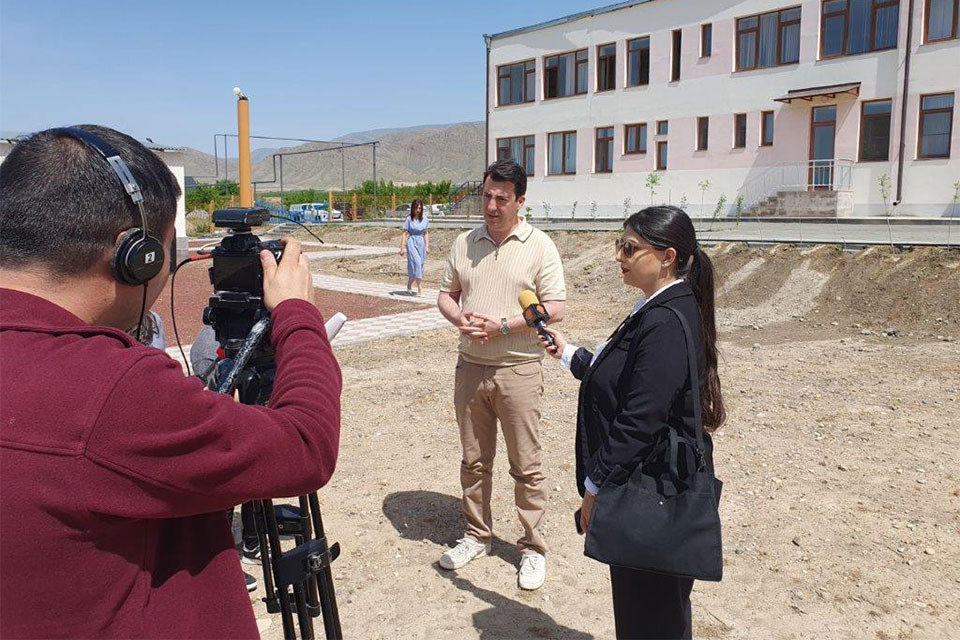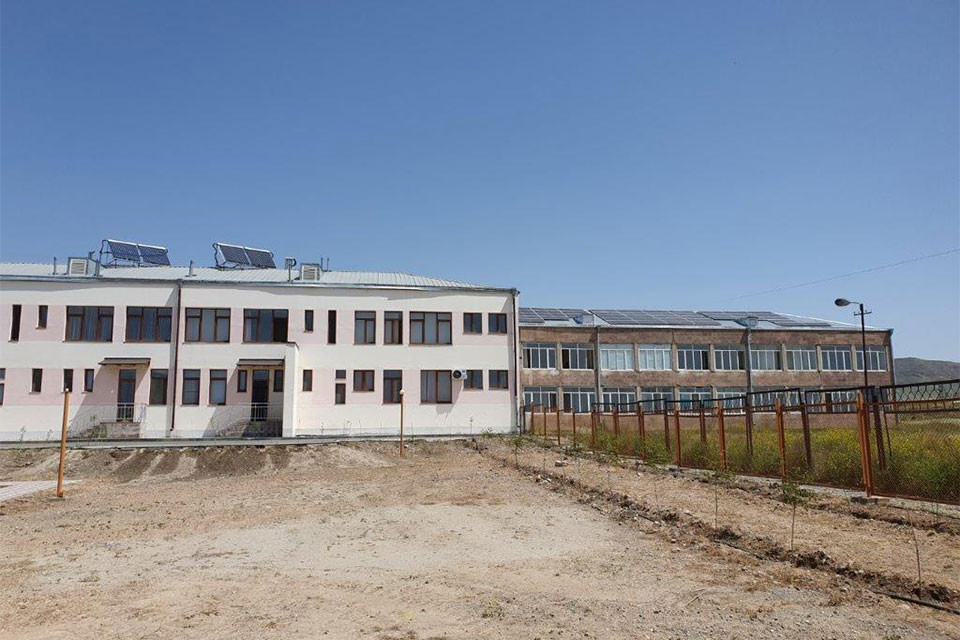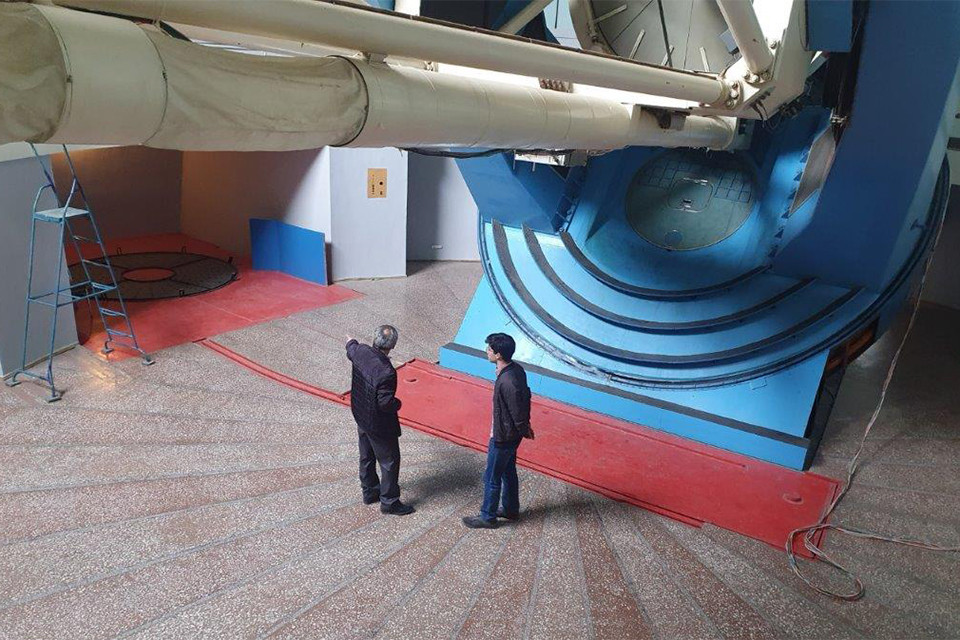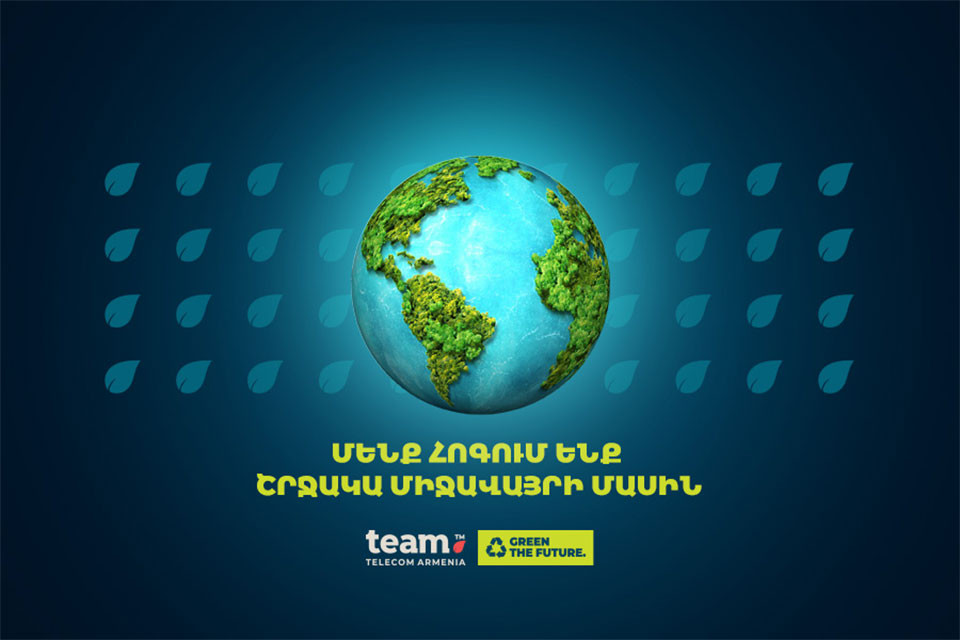Viva-MTS and the Foundation for the Preservation of Wildlife and Cultural Assets (FPWC) continue to contribute to infrastructure development in the regions with a focus on border villages.
The partners recently summarized the results of another project where they installed a 25 kW/h solar photovoltaic plant in the kindergarten of Yeraskh village, Ararat region, as part of the Ecovillage Network project. It will generate enough electricity to power electric boilers for heating. Other equipment run on electricity can also be powered from this alternative energy source, eliminating electricity costs for the kindergarten. Viva-MTS General Director Armen Avetisian and FPWC Director Ruben Khachatryan were present at the launch of the system.
The program implemented by the partner organizations is more than just a control of the heating issue; it is also warranted and expected strategic support. Yeraskh has been deprived of a kindergarten for years. The local school that was granted a respective permit undertook the organization of pre-school education. Four years ago, one of the facilities of the school was refurbished to fit a kindergarten.
“It’s important that people in Yeraskh live with the confidence they’re not alone. For us, this is a regular visit and an opportunity to assess the program, while for the residents of this borderland village it is a vital assistance that ensures long-term results. What we see is the emotional side of the program, that is, people’s satisfaction; what the residents see is the rational aspect of it: rooms heated with energy produced from alternative sources, reduced energy expenses, and support for families with small children. Any such program implemented in borderland villages is of great importance. That’s why we consistently integrate new technologies into infrastructures year by year. Developments should not overlook the regions,” Viva-MTS General Director Armen Avetisian underlined.
Viva-MTS and the Foundation for the Preservation of Wildlife and Cultural Assets are committed to helping in efforts to reduce costs for rural communities and enhance local life through environmental projects in regions of Armenia. The energy generated by solar plants will allow to ensure the uninterrupted work of the kindergarten without additional expenses. Moreover, it will be possible to open new groups and increase the number of kids, also from nearby villages.
“The borderland villages of Armenia are within the focus of attention of our partner organizations’ and ours. Both the street illumination systems and the solar stations that follow are of vital importance for communities living close to the border. We are happy to have programs like this one to solve problems that persevere in the communities, and to make sure childcare facilities are provided with heating avoiding additional expenses. Electric power generated by solar stations launched today will ensure smooth operation of the kindergarten in Yeraskh,” FPWC Director Ruben Khachatryan said.
Yeraskh is one of the settlements included in the Ecovillage Network program. The jointly implemented program integrates these villages into a comprehensive sustainability process based on four key components: environmental, economic, cultural, and social.

17:29 | 24.09.25 | Articles
Jacopo Losso on Cross-Border Investments and Why Armenia Attracts Angels

